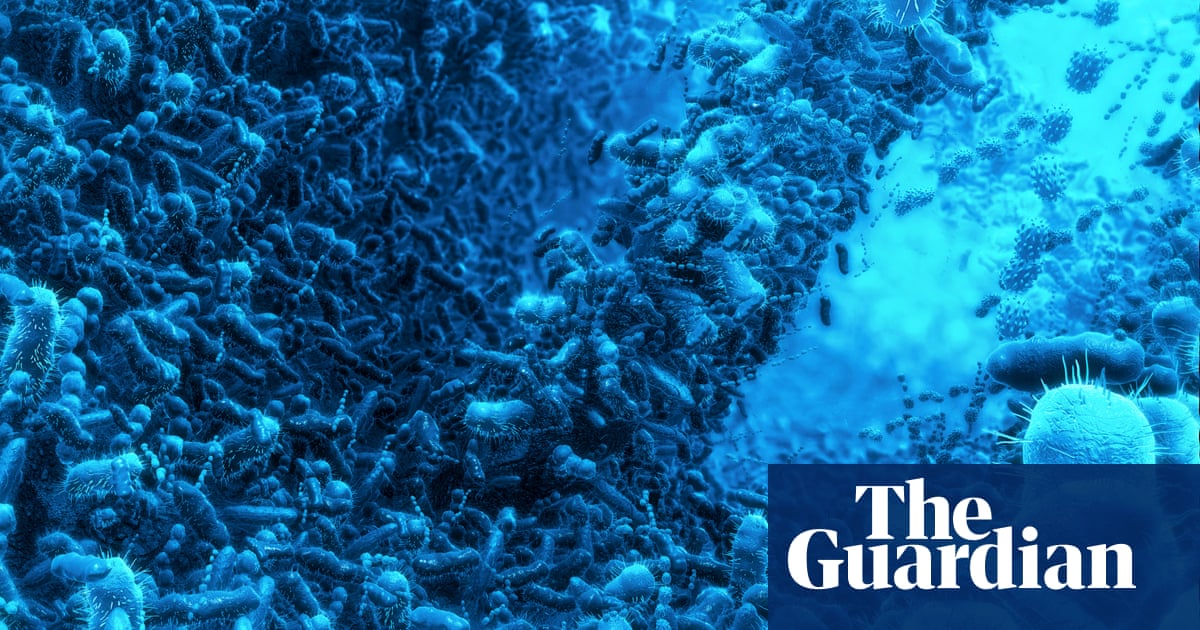Scientists have raised hopes for a cheap and simple test for autism after discovering consistent differences between the microbes found in the guts of autistic people and those without the condition.
The finding suggests that a routine stool sample test could help doctors identify autism early, meaning people would receive their diagnosis, and hopefully support, much faster than with the lengthy procedure used in clinics today.
“Usually it takes three to four years to make a confirmed diagnosis for suspected autism, with most children diagnosed at six years old,” Prof Qi Su at the Chinese University of Hong Kong said. “Our microbiome biomarker panel has a high performance in children under the age of four, which may help facilitate an early diagnosis.”
Rates of autism have soared in recent decades, largely because of greater awareness and a broadening of the criteria used to diagnose the condition. In the UK and many other western countries, about one in 100 people are now thought to be on the autism spectrum.



I find providing a stool sample far less painful and annoying than having a PAP smear.
Lol, well you got me there. I’ve never had to do a pap smear since I don’t have the equipment to smear (or is it pap?).
Yes, it’s pap … short for Papanicolaou test, named after the Greek physician Georgios Papanikolaou who ‘invented’ the test.
Not to be confused with Pat Smear, guitarist for Foo Fighters and The Germs.
Also, not to be confused with a pap schmear which goes great on a bagel and was introduced to the world by Avi Applebaum in 1926.
‘Papa?’ ‘Nicole?’
Wouldn’t that mean it’s a smear? Like, the Turing test is a test, not a Turing.